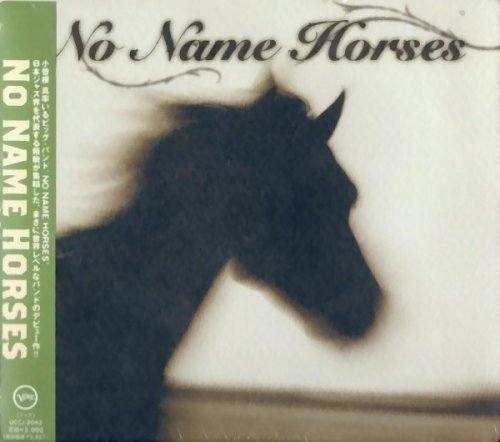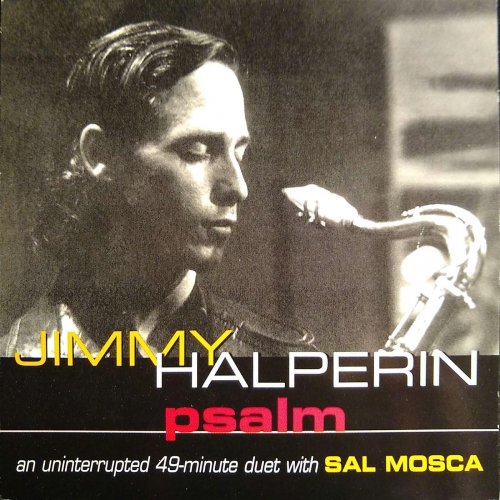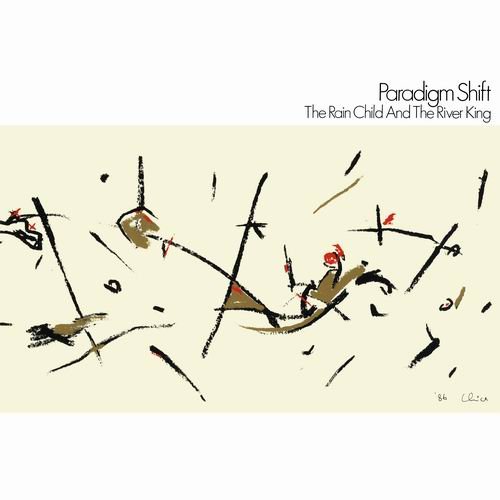Girls Next Door - How 'Bout Us (1989)

Artist: Girls Next Door
Title: How 'Bout Us
Year Of Release: 1989 / 2008
Label: Rhino Atlantic
Genre: Country
Quality: FLAC (tracks)
Total Time: 30:23
Total Size: 197 MB
WebSite: Album Preview
Tracklist:Title: How 'Bout Us
Year Of Release: 1989 / 2008
Label: Rhino Atlantic
Genre: Country
Quality: FLAC (tracks)
Total Time: 30:23
Total Size: 197 MB
WebSite: Album Preview
1. He's Gotta Have Me (02:35)
2. I Called It Love Once (02:40)
3. How 'Bout Us (03:29)
4. One of the Boys (03:22)
5. Maybe You Wouldn't Be Missin' Me Tonight (03:08)
6. Few Good Men (02:41)
7. How Can They Call This Cheating (03:43)
8. It's Too Late (02:27)
9. Last Goodbye (03:28)
10. Wasn't It You (02:45)
Girls Next Door are an all-female country vocal group who rose out of Nashville in the mid-'80s with hits like "Love Will Get You Through Times of No Money" and the Top Ten single "Slow Boat to China." Known for their winsome harmonies and strong melodic sense, they enjoyed a successful run before disbanding in 1991, following their Atlantic-released third album, How 'Bout Us. They later reunited as Girls Next Door 2.0 and released the 2023 collection Now or Never.
In 1982, seasoned producer Tommy West suggested that Nashville backup singer Doris King put together an all-women country vocal group, a rarity at the time. Along with King, Cindy Nixon, Diane Williams, and Tammy Stephens were all regular performers at Nashville's Opryland USA. In his new position at MTM Records, West was able to offer the quartet a contract, and they soon began performing under the name Belle and Wildflower. By the time they began their recording career in the mid-'80s, they were known as Girls Next Door.
Their West-produced 1986 debut yielded three charting singles, the most successful of which was "Slow Boat to China," which reached number eight on Billboard's Hot Country Singles chart. Regular tours with the Oak Ridge Boys and the Statler Brothers followed, as did the Girls' own headlining tours. Their follow-up album, 1987's What a Girl Next Door Could Do, peaked at number 42 on the country chart, and they enjoyed continued success with charting singles like the title track and "Easy to Find." After signing with Atlantic, Girls Next Door released a third album, 1989's How 'Bout Us, which was produced by Nelson Larkin. It was a modest success, though less so than its two predecessors, and by 1991, the had group disbanded.
In June 2023, 31 years after their split, Girls Next Door reunited and issued the single "What's This Thing You've Got About Leaving" from their fourth full-length release, Now or Never. © Timothy Monger
In 1982, seasoned producer Tommy West suggested that Nashville backup singer Doris King put together an all-women country vocal group, a rarity at the time. Along with King, Cindy Nixon, Diane Williams, and Tammy Stephens were all regular performers at Nashville's Opryland USA. In his new position at MTM Records, West was able to offer the quartet a contract, and they soon began performing under the name Belle and Wildflower. By the time they began their recording career in the mid-'80s, they were known as Girls Next Door.
Their West-produced 1986 debut yielded three charting singles, the most successful of which was "Slow Boat to China," which reached number eight on Billboard's Hot Country Singles chart. Regular tours with the Oak Ridge Boys and the Statler Brothers followed, as did the Girls' own headlining tours. Their follow-up album, 1987's What a Girl Next Door Could Do, peaked at number 42 on the country chart, and they enjoyed continued success with charting singles like the title track and "Easy to Find." After signing with Atlantic, Girls Next Door released a third album, 1989's How 'Bout Us, which was produced by Nelson Larkin. It was a modest success, though less so than its two predecessors, and by 1991, the had group disbanded.
In June 2023, 31 years after their split, Girls Next Door reunited and issued the single "What's This Thing You've Got About Leaving" from their fourth full-length release, Now or Never. © Timothy Monger





![Björn Meyer - Convergence (2026) [Hi-Res] Björn Meyer - Convergence (2026) [Hi-Res]](https://www.dibpic.com/uploads/posts/2026-01/1769000420_u6sqqe0hy9chb_600.jpg)


